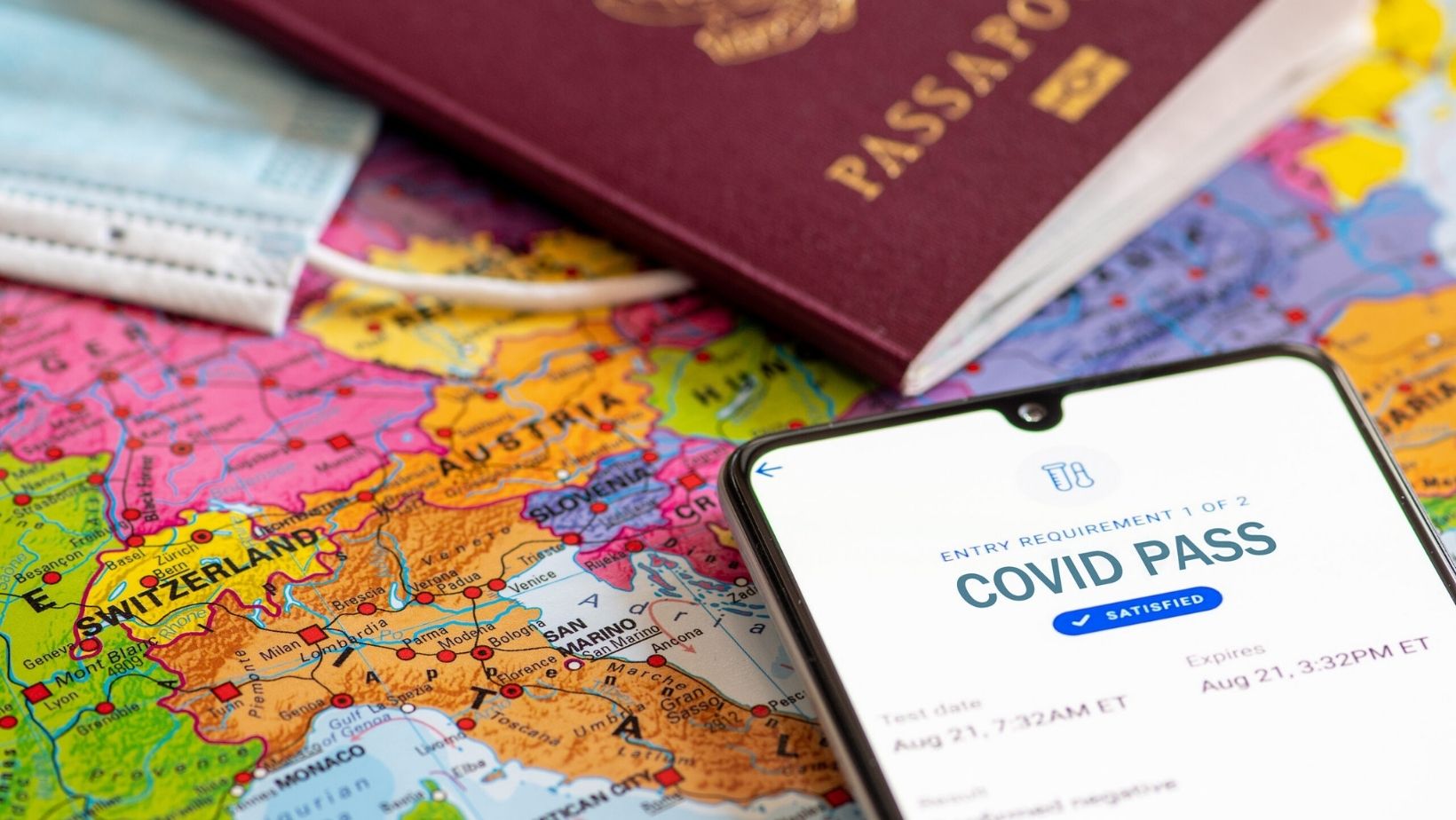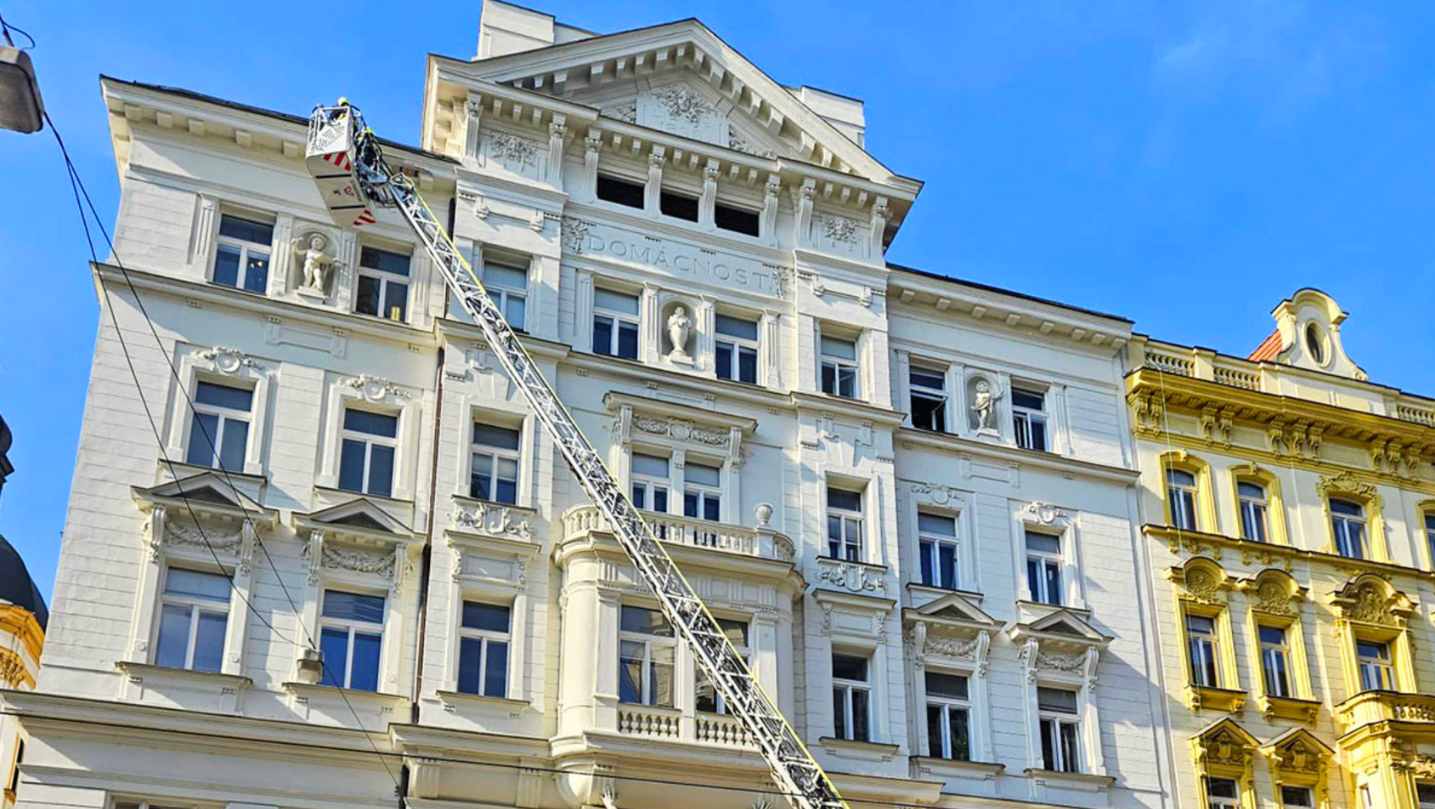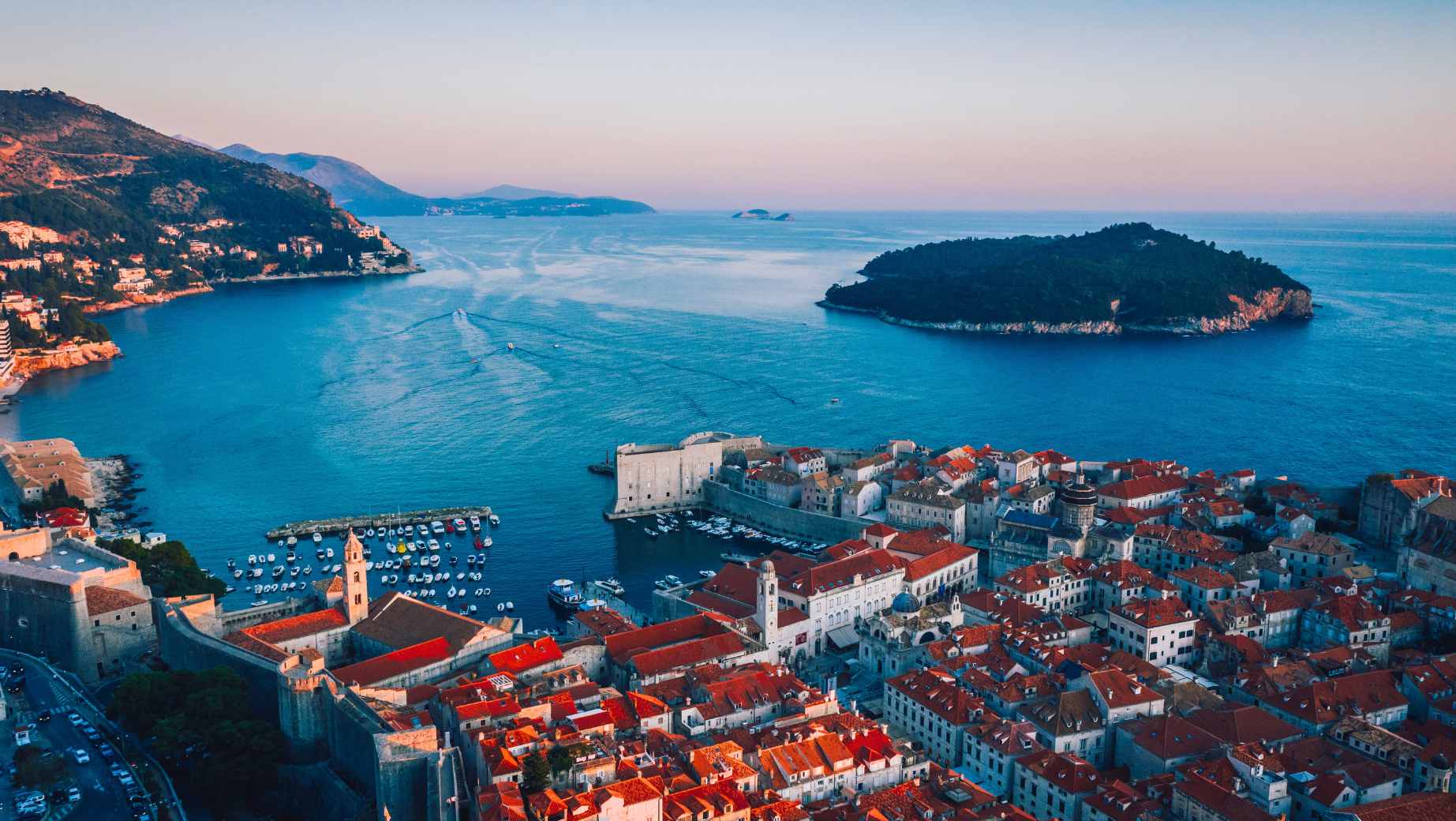The EU parliament has given the green light to push ahead with Covid-19 passports in the hope of allowing the bloc’s tourism industry to open this summer. But what will the passes mean for tourists and holidaymakers in practice? We explain.
The European Parliament recently voted overwhelmingly in favour of adopting an EU-wide Covid-19 passport, which it hopes will be ready in time for the summer holiday season.
MEPs hope the passports will make travel easier and safer, and boost the economies of tourism-dependent nations.
What are these Covid passports?
The documents, formerly known as “Digital Green Certificates” until MEPs changed it to the “EU Covid-19 certificate”, will be available to EU nationals and legal residents – including Britons – who wish to travel within the EU.
The idea is that the document – which can be printed or stored electronically – will provide proof of vaccination, a recent negative coronavirus test, or recent recovery from the virus – meaning the holder has antibodies in their system.
Income and jobs generated by tourism are vital to a number of member states – in particular France, Spain, Italy and Greece – who fear a second summer without overseas visitors would prove economically catastrophic.
Although the European Parliament supports the plan, member states have yet to agree, despite the fact that some are understandably keen on the idea.
Some countries already going their own way. France has been trialling its Pass Sanitaire on internal flights in and out of Corsica.
Denmark has developed a similar digital Covid passport called Coronapas which it has been using domestically to allow holders to visit hairdressers, bars and restaurants. It could be enhanced to allow international travel.
Austria will implement its coronavirus immunity card, giving vaccinated people access to bars, restaurants, and events, by May 19.
Spain is trialling its own coronavirus passport – and has already said it will welcome overseas tourists from June 9 as long as they hold a health pass.
How Covid passports will work?
Firstly, it won’t be just a case of downloading the app and entering the information to get the code. The pass will likely have to be issued by a doctor or health centre. Because there is still so much to negotiate between the EU Parliament and member states, there are no details yet on how this will happen.
Much will probably be down to individual states – from whether passes will be available at vaccination or test centres, to if you will need to book an appointment with your GP.
Nor is it clear how the millions of people who have already been vaccinated will get hold of one.
What we do know is that the pass will feature a QR code containing information that the traveller carrying it has been vaccinated, or has had a negative PCR test result, or has recovered from the virus and is in theory immune.
It will serve as proof of immunity or at least proof of not being positive and can be scanned into a smartphone app.
What about non-EU countries?
The European Commission has been in talks with US officials on mutual recognition for some time. And European Commission President Ursula von der Leyen hinted in a recent Stateside interview that fully vaccinated Americans would be able to visit Europe this summer.
The Commission is also reportedly working with the World Health Organisation (WHO) to ensure the certificate is recognised in other countries, too – though it was recently reported the WHO was not in favour of Covid passports.
But it has only recently opened negotiations with near non-EU nation the UK, despite the fact that Prime Minister Boris Johnson has said he wants to allow foreign travel by May 17.
What about personal data?
The Commission has said the QR code-based system will be safe and secure.
Things may change during the development of the system, but it has been suggested that sensitive personal data would be stored locally on smartphones and kept separate from information the EU Gateway system (that still doesn’t exist) would be able to access.
There’s understandable concern that such a system may be vulnerable to fraud – something developers and the Commission will have to work on to protect users.
-
NEWSLETTER
Subscribe for our daily news









